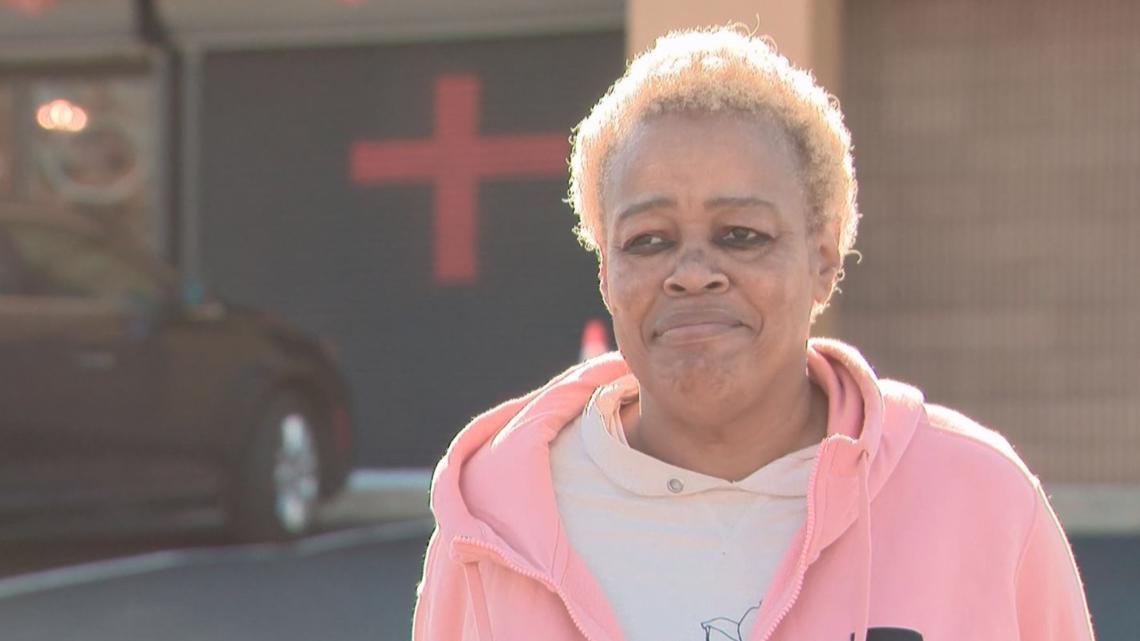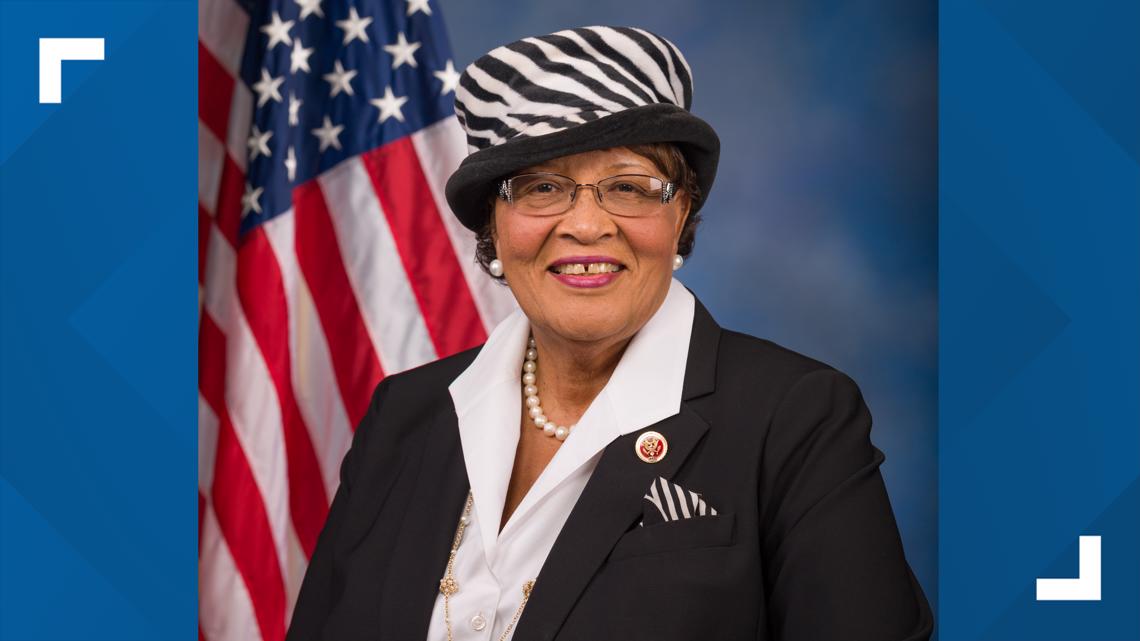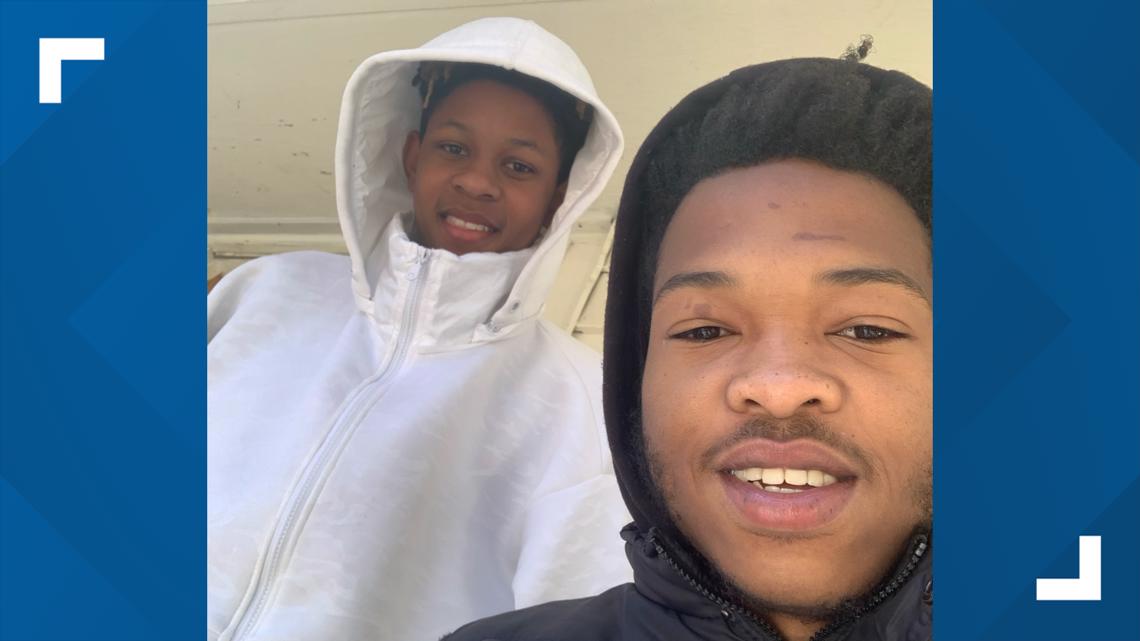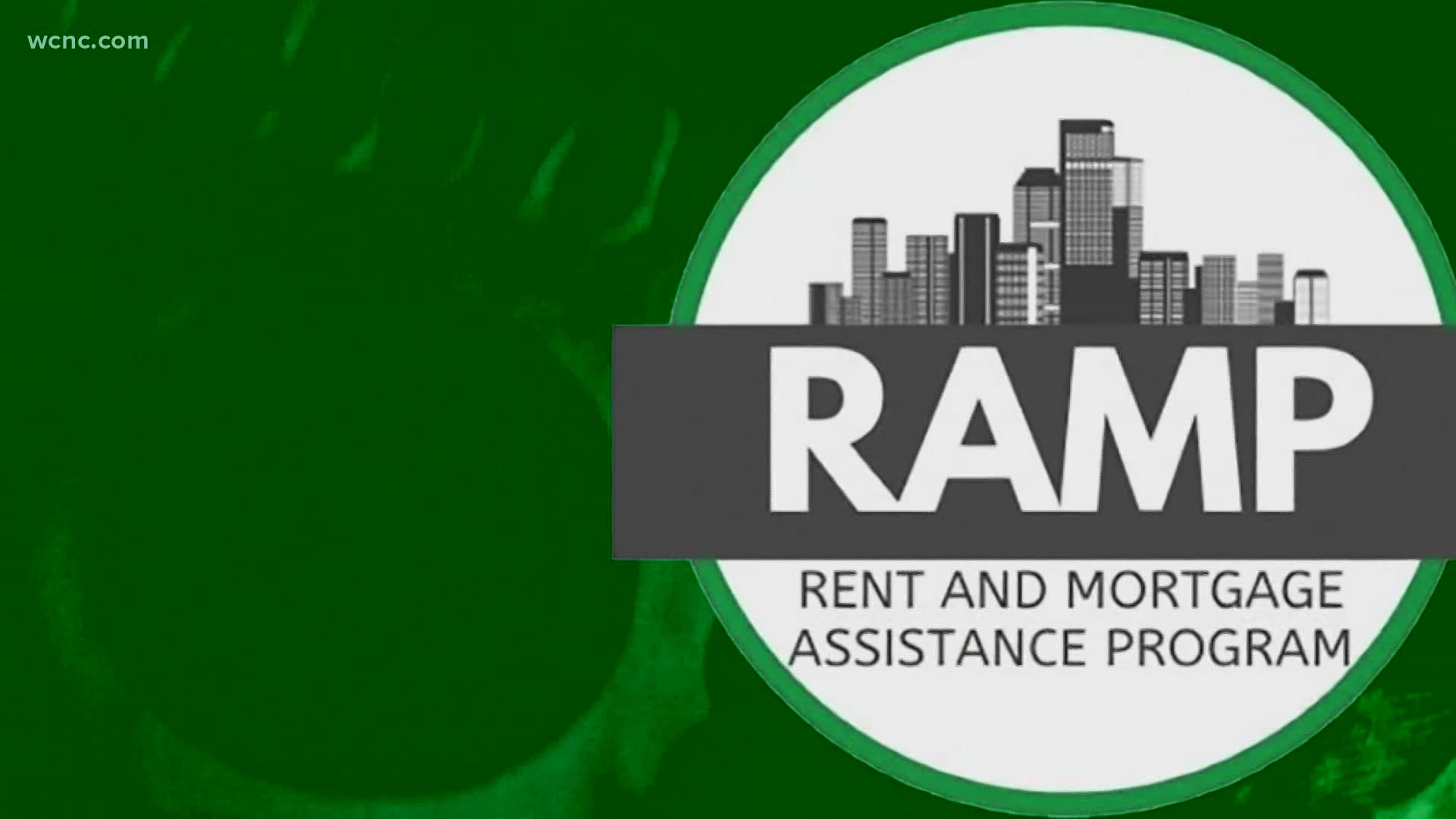CHARLOTTE, N.C. — A taxpayer-funded program, created to keep people in their homes with their lights on, denied most financial assistance applications.
While RAMP CLT has helped roughly 20,000 Charlotteans since the start of the pandemic, city data show the program approved less than half of all applications.
WCNC Charlotte is always asking "where's the money?" If you need help, reach out to the Defenders team by emailing money@wcnc.com.
'I don't want to be out on the street with my grandkids'
Tressie Arnold knows she's fortunate to be among those approved for RAMP CLT money.
"That was a good deal right there," she said. "I was real grateful. God worked that out."
She is raising her grandchildren in a home along the Beatties Ford Road corridor and desperately needed help.


"I got behind on my rent for a couple of months," she said. "I don't want to be out on the street with my grandkids, it's too cold for that, and with the virus, I don't want to be in the shelter or nothing."
For every four applications from people like Arnold who received money, Ramp CLT denied roughly another six.
The City of Charlotte's Housing & Neighborhood Services Department reports a 42% approval rate for CARES Act-funded applications and a 45% approval rate for Emergency Rental Assistance-funded applications.
"That is actually a strong level of approval and assistance activity," Housing Services Division Manager Miles Vaughn told WCNC Charlotte.
The city reports RAMP CLT followed regulatory requirements, including income eligibility and prioritizing applications, in administering the program.
'Just beating against the wind'
Joe Huss, behind on his house payment, spent hours waiting in line hoping to apply for mortgage help. The Charlotte veteran thought he'd qualify since COVID-19 shut down the library, his main source for a computer, internet and job searching -- but Huss couldn't even get past the gatekeepers, eventually learning he's not eligible.


"They wouldn't even let me apply," Huss said. "I was basically just beating against the wind. Now, I'm probably at least six months behind."
Many more found out they were ineligible too, after they applied Vaughn said the "key reasons" for the denials were ineligibility because the household did not experience a COVID-19 related event and failure of the applicant to submit the required documentation.
'We tried to put our best foot forward'
City Councilmember Malcolm Graham chaired Charlotte's Great Neighborhoods Committee for most of the pandemic. Considering how quickly the city rolled out the program and the nearly 20,000 people who received a combined $58 million worth of help, he believes RAMP CLT remains a great success story.
"Obviously, no program is perfect, no situation is ideal, but I think based on the hand that we were dealt and the dollars that we had available...we tried to put our best foot forward," Graham said. "Some folks simply fell through the cracks."
Graham said the city will reassess to identify best practices, but he believes any shortfalls shouldn't detract from the positives.
"We tried, the best as we could, to get the word out," he said. "Obviously, we couldn't help everybody and I think, when you look at what the City of Charlotte has done and compare it to other major cities across the country, I think we're best in class in terms of how we responded to the crisis from a financial and programmatic perspective."
The numbers show Charlotte's approval rate is actually lower than two comparable cities WCNC Charlotte surveyed.
Both Nashville and Columbus have received fewer applications for similar programs. Nashville reports approving 49% of all applications, while Columbus reports approving 67% of applications.
The organization paid to administer RAMP CLT, DreamKey Partners, declined an on-camera interview. A spokesperson said we needed to provide questions in advance, which is against WCNC Charlotte's policy.
"While it's unfortunate that RAMP CLT was created as a result of COVID-19 hardships, we are proud of the work and partnerships," DreamKey Marketing and Communications Senior Vice President Noelle Bell said in an email.


Congresswoman Alma Adams (D), NC-12, through a spokesperson, shared her support of the program.
“Housing is one of Rep. Adams’ top congressional priorities, and DreamKey Partners and RAMP CLT have been a lifeline for Charlotte and Mecklenburg County residents during the pandemic," Communications Director Sam Spencer said. "Their responsible stewardship of pandemic relief funds has ensured that assistance has gone to the people with the greatest need. We look forward to working with them and other nonprofit leaders in our community to make sure every Mecklenburg County resident has safe, affordable shelter.”
Spencer added, it's his understanding while a majority of applications were denied, RAMP CLT eventually approved most people, including those who had to apply several times due to deficient initial applications.


For those, like Arnold and her grandsons, who received the help, the impact can't be overstated. The grandmother is expecting a second round of RAMP CLT rental assistance soon.
“I don't got to worry about nothing," she said. "I know God been taking care of me."
DreamKey stopped accepting applications in January but has said RAMP CLT will begin accepting applications again on March 1.
Contact Nate Morabito at nmorabito@wcnc.com and follow him on Facebook, Twitter and Instagram.

